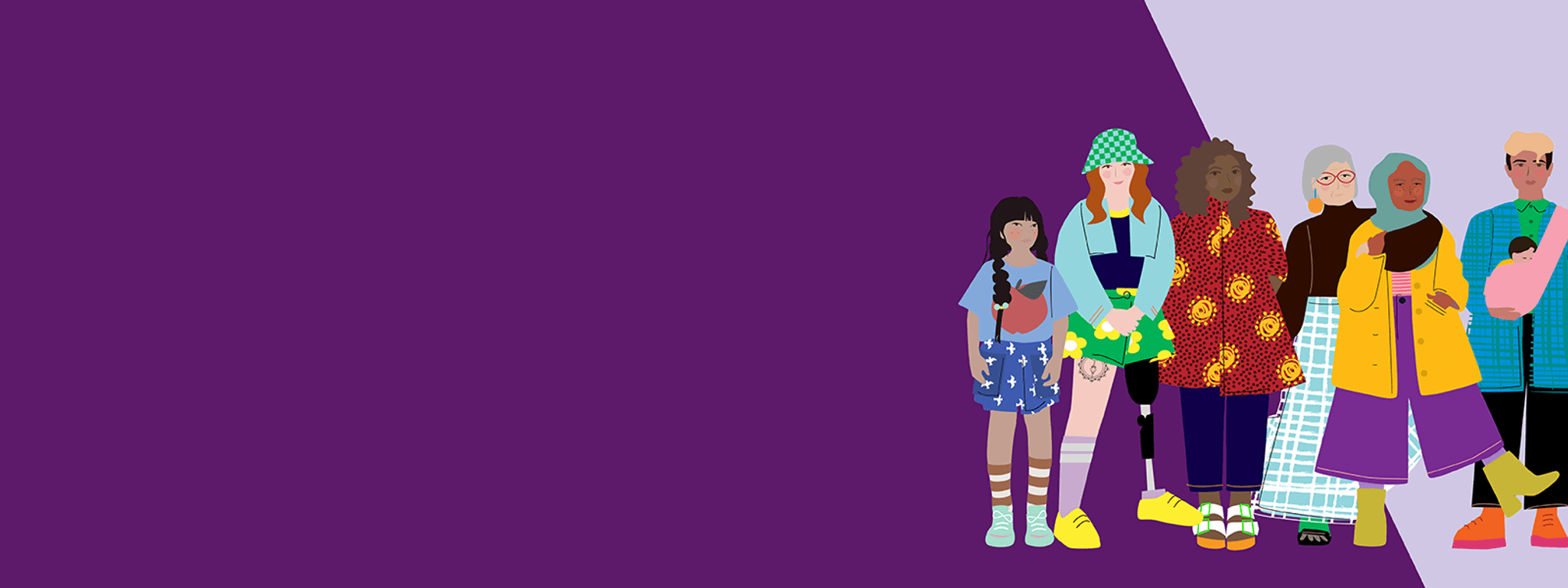While Victorian Aboriginal communities continue to lead with strength and resilience, we cannot underestimate the impact of and the need to remedy ongoing transgenerational trauma, systemic racism and the impacts of colonisation, dispossession and removal of families and Country.
Victoria is the first jurisdiction in Australia to action all 3 elements of the Uluru Statement from the Heart: Voice. Treaty. Truth.
The Yoorrook Justice Commission is investigating historical and ongoing injustices committed against Aboriginal Victorians since colonisation, across all areas of social, political and economic life. This will include a report into injustices against First Peoples in the criminal justice and child protection systems.
We will consider and respond to the findings and recommendations of the commission, and incorporate them into the delivery of this strategy.
We will deliver the Yuma Yirramboi strategy to achieve economic parity for Aboriginal Victorians within our lifetime, and deliver a range of targeted programs to improve the economic security of Aboriginal women. Through the Big Housing Build, we will deliver new social housing for Aboriginal women affected by housing insecurity and homelessness and who may have complex needs and experiences, including family violence. We will work with Aboriginal health organisations to deliver a new dedicated Aboriginal-led women’s health clinic to provide tailored support for Aboriginal women.
Key statistic
- Aboriginal women are the fastest growing prison population, incarcerated at 17 times the rate of non-Aboriginal women. About 90% of Aboriginal women in prison are victims of violence. [1]
We recognise that there is significant work to do to reduce the over-representation of Aboriginal people in the criminal justice system.
We are working to reduce justice supervision rates by 2031. This goal exceeds the Closing the Gap targets that aim to reduce the number of Aboriginal and Torres Strait Islander people under adult and youth justice supervision by 15% and 30% respectively by 2031. Work is under way through Burra Lotjpa Dunguludja: Victorian Aboriginal justice agreement – phase 4 to improve outcomes for First Peoples who interact with the justice system.
We are supporting the expansion of existing Aboriginal early interventions initiatives. This includes funding for initiatives to address offending and improve outcomes for over-represented groups of people in contact with the justice system, such the Women and Mentoring Program, matching women with mentors.
We will continue to listen to and be led by Aboriginal women, families and communities.
Case study: empowering Aboriginal women in business
In recognition of the extra barriers Aboriginal women face to economic security, we are proud to fund Ngarrimili’s Empowering First Nations Women in Business Program.
Ngarrimili nurtures Aboriginal businesses, creatives and entrepreneurs through tailored and culturally informed support at all stages. The program supports 40 Aboriginal women, including those who have experienced domestic or family violence, are living with a disability, are in out-of-home care or have experience with the justice system, with a particular focus on mothers and caregivers. Through the program, women receive personalised one-on-one support and attend workshops based on their needs. The program goes beyond business topics and includes social, emotional, health and wellbeing support, and embeds culture and connection.
Entrepreneurs Stacey and Ruby participated in the program. Stacey has a sustainable apparel business, while Ruby’s jewellery business promotes safe spaces and domestic violence awareness among women.
With support from Ngarrimili, Stacey and Ruby have opened a store together at the Queen Victoria Market. They received support in marketing, accounting and bookkeeping, business planning and strategy, and lease negotiations. The store is the first of its kind at the market. It will provide opportunities for them to employ other Aboriginal women and support their businesses by stocking their products in the store.
With the Empowering First Nations Women in Business Program, many other women like Stacey and Ruby have received the support and skills they need to establish and grow their businesses.
References
[1] C Axleby, National Aboriginal and Torres Strait Islander Legal Services, Committee Hansard, Canberra, 15 October 2020, p. 3.
Updated

